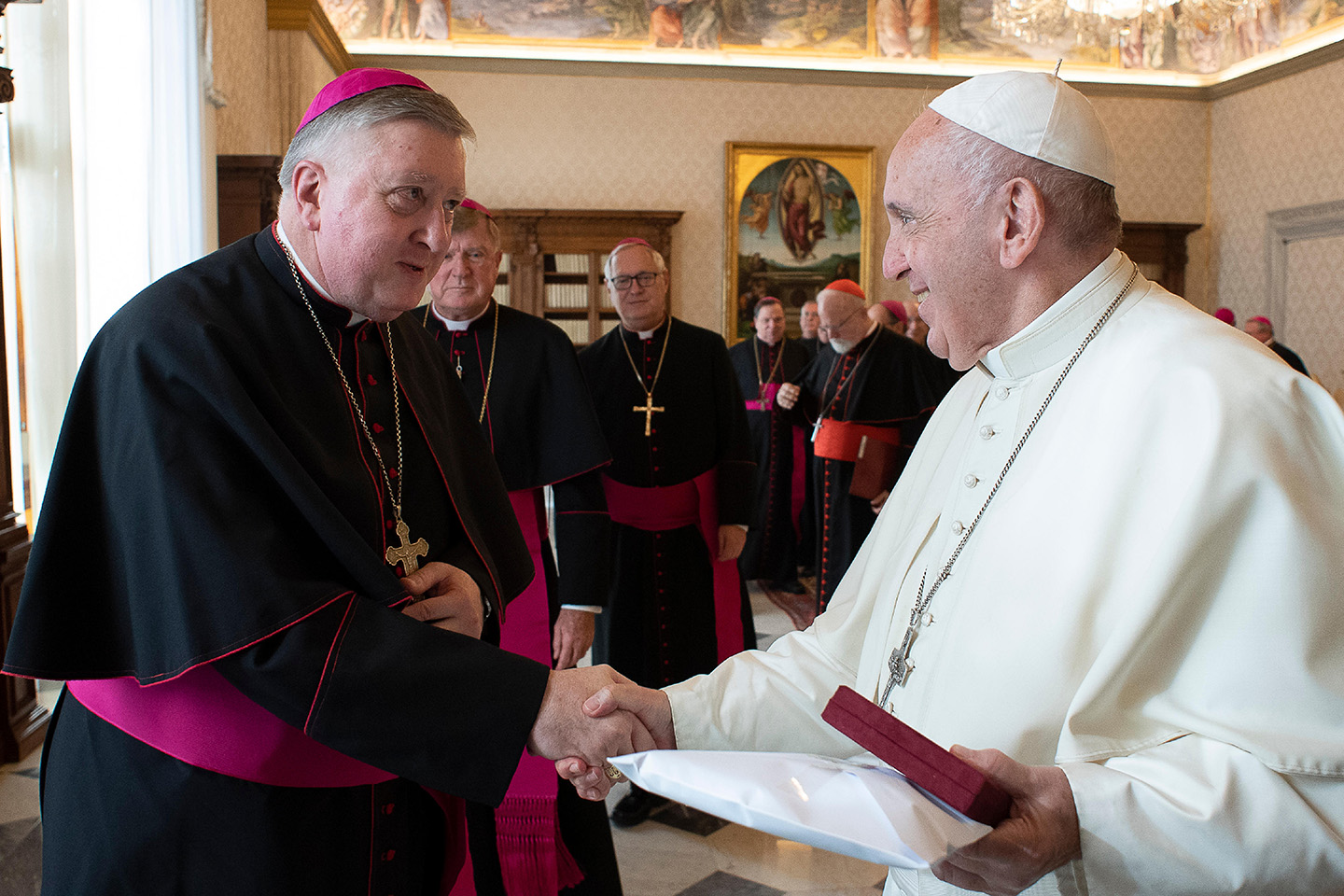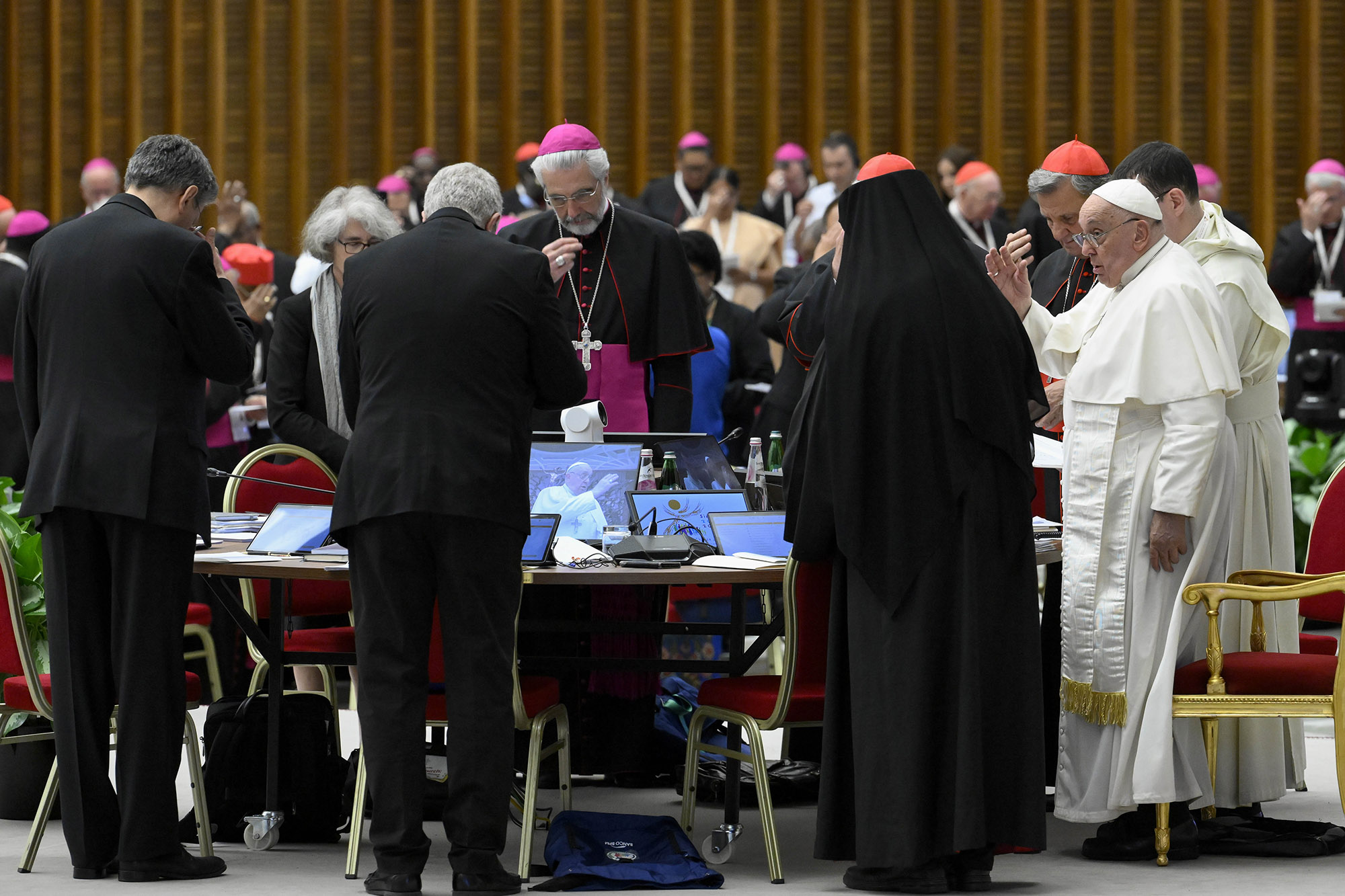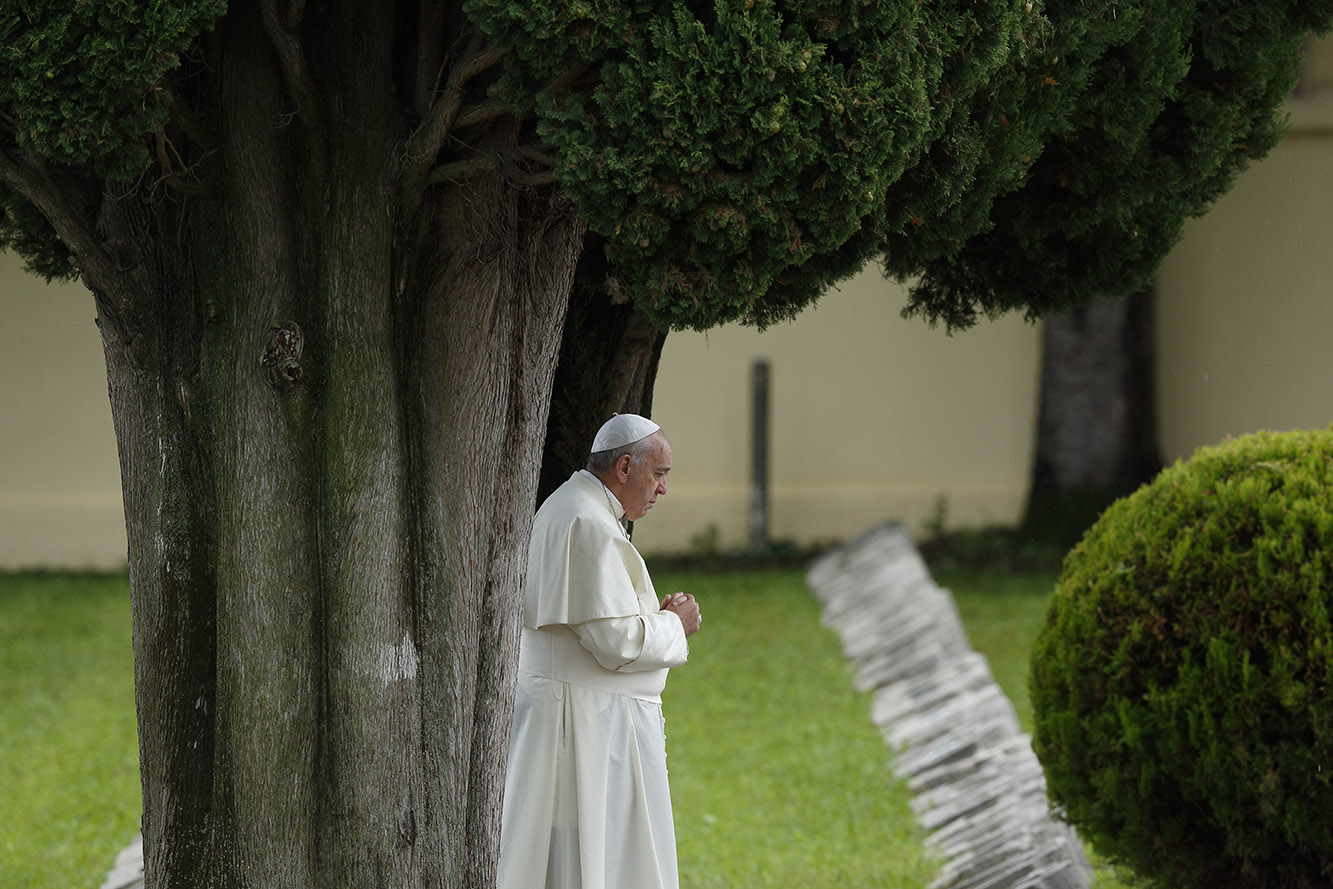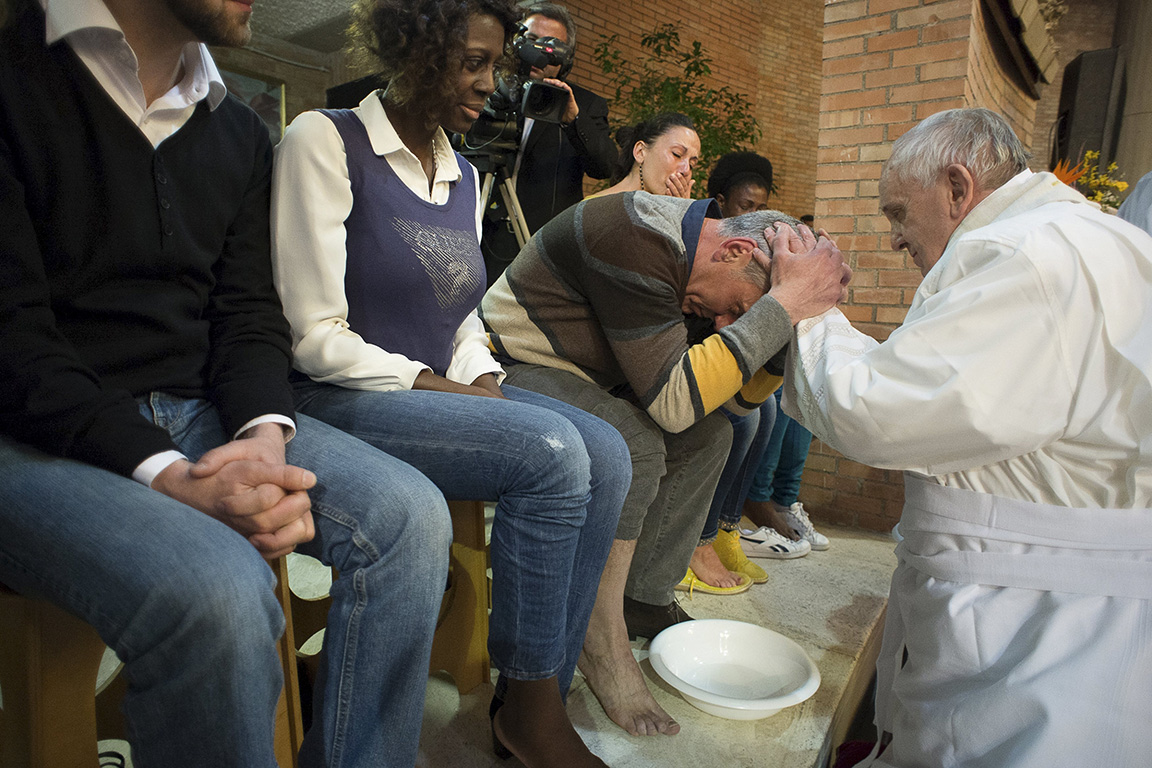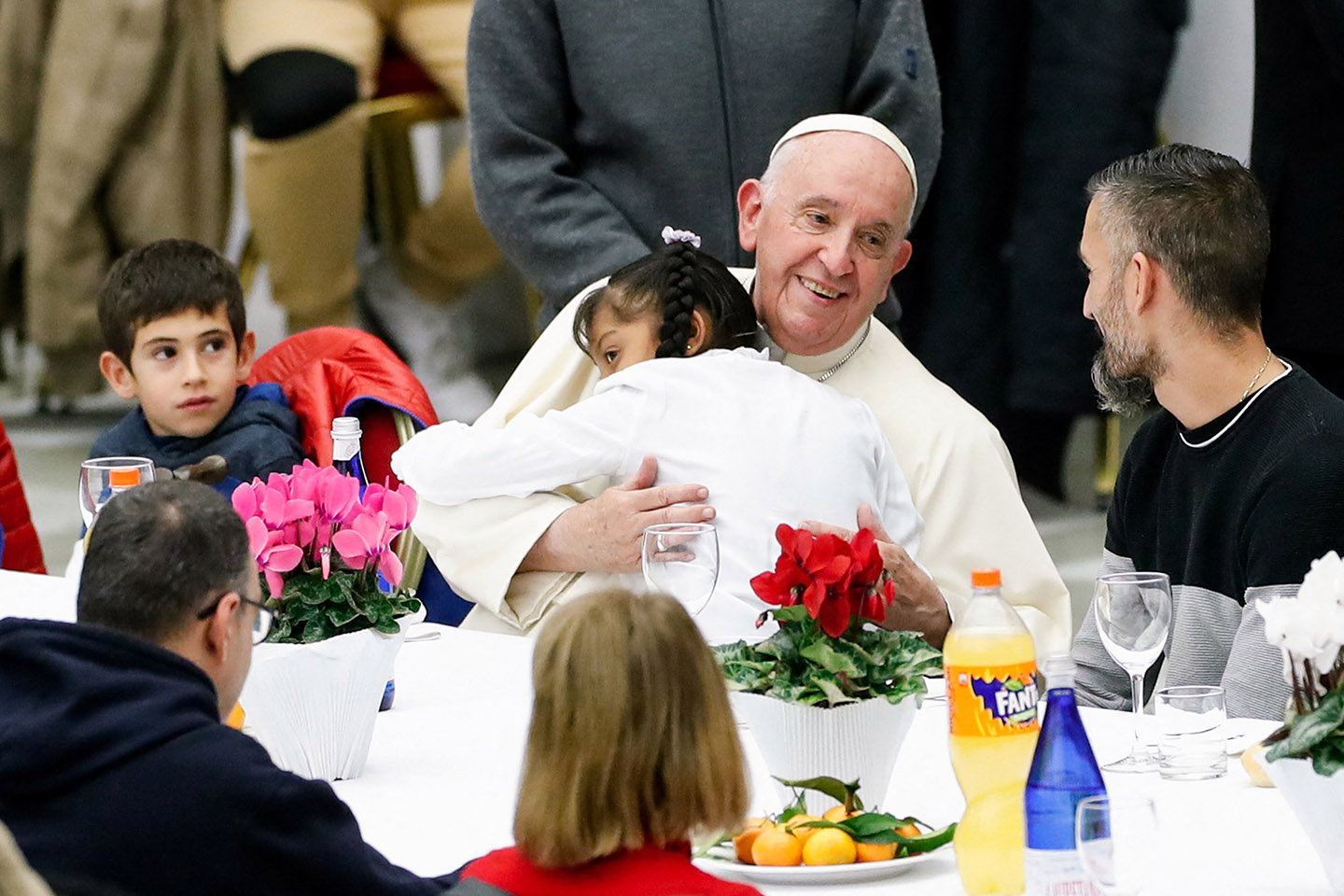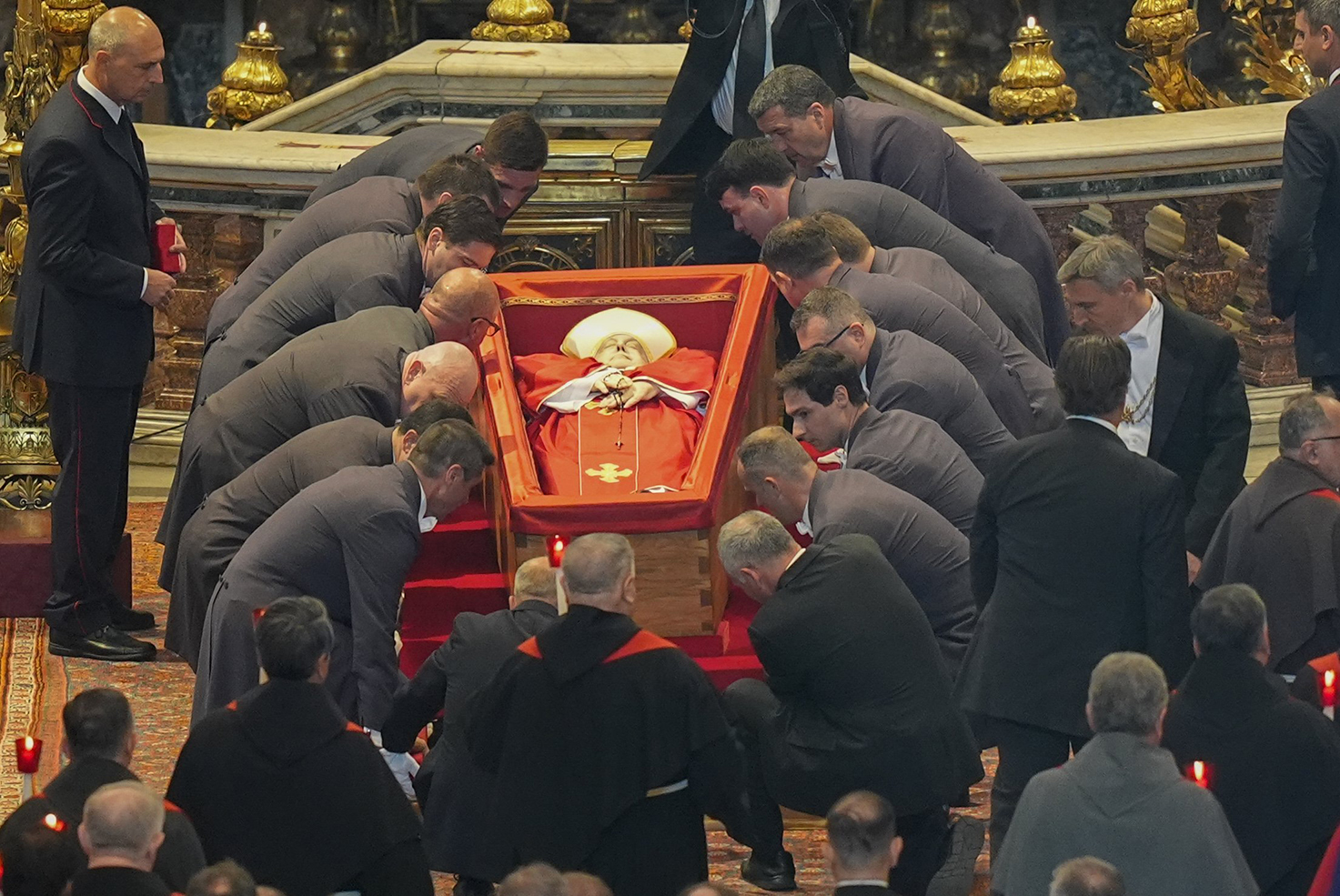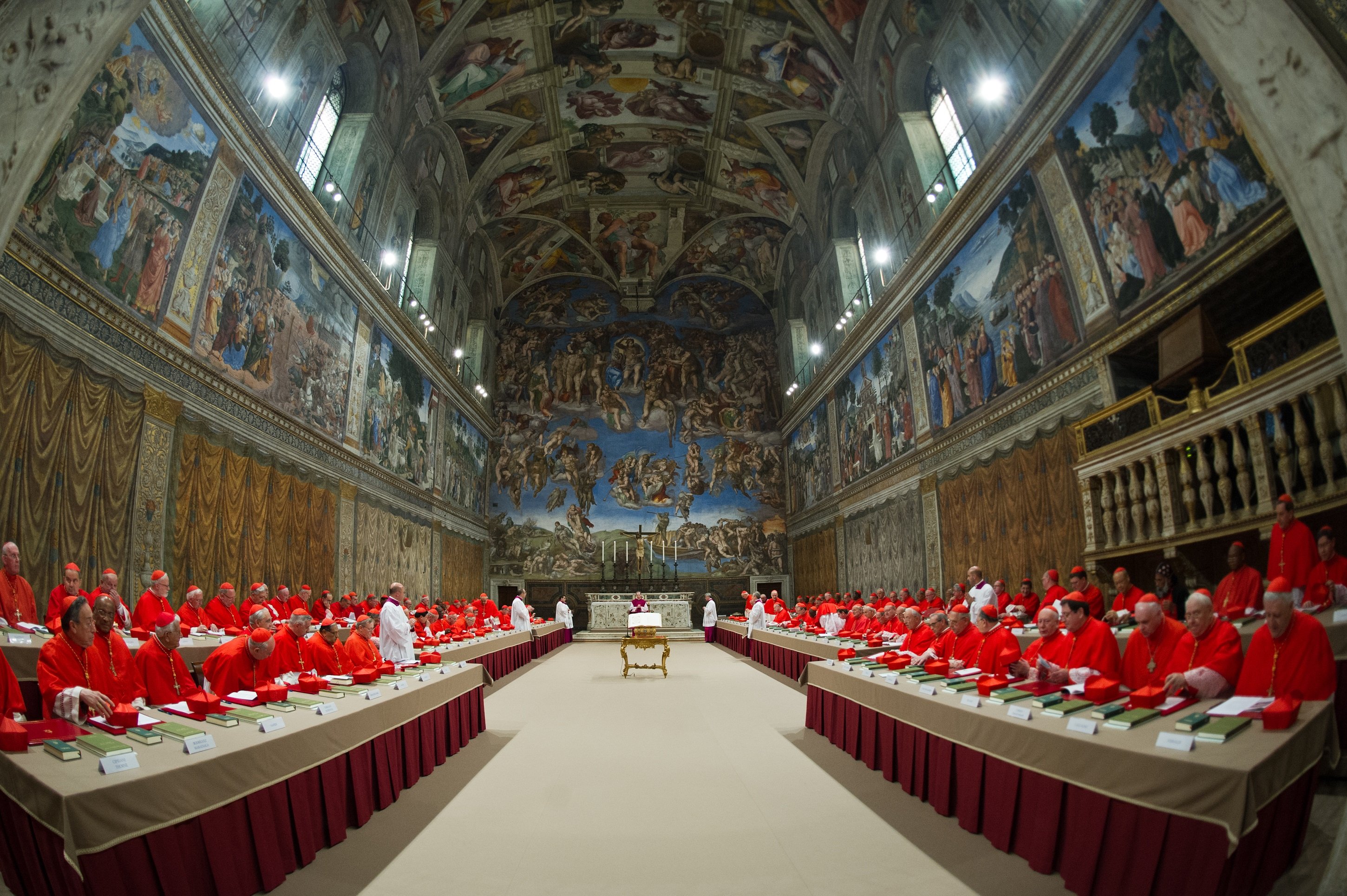Synod calls for quick steps to involve more people in Church life
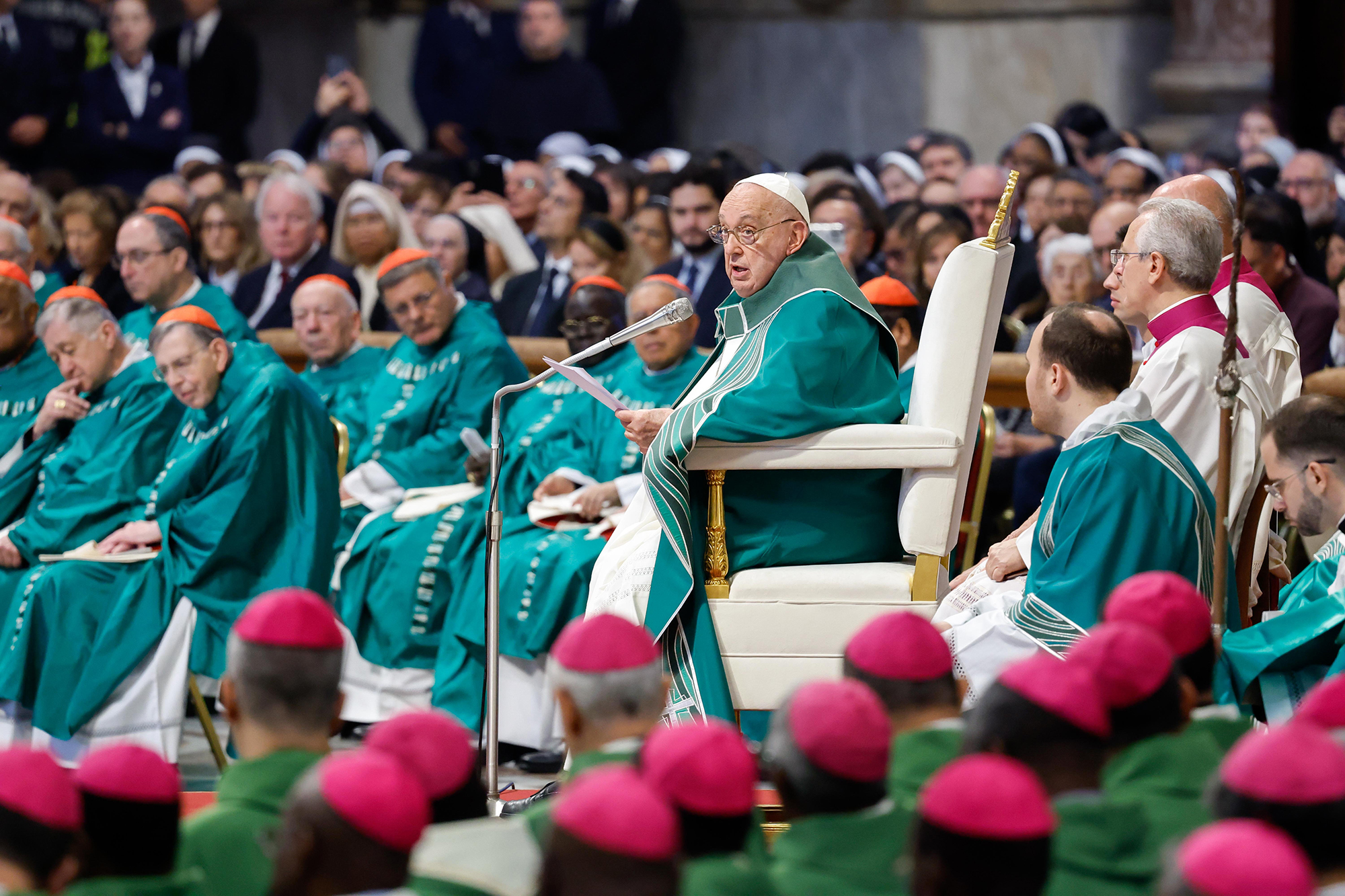
Synod’s final document said that while members have different roles, they work together for the good of all and mission of the Church
VATICAN CITY — Parishes and dioceses must move quickly to give life to the consultative bodies and broad participation in mission and ministry already foreseen by Church law if the Catholic Church is to have any hope of becoming a more “synodal” Church, members of the Synod of Bishops said.
“Without concrete changes in the short term, the vision of a synodal Church will not be credible and this will alienate those members of the People of God who have drawn strength and hope from the synodal journey,” the members said in the final document they approved Oct. 26.
Pope Francis convoked the synod in 2021 and called on parishes, dioceses and bishops’ conferences to hold listening sessions before the first synod assembly in Rome in 2023. The 2024 assembly, including most of the same members, began with a Mass at the Vatican Oct. 2.
Members voted on each of the 155 paragraphs of the document, which made suggestions and requests to Pope Francis that included long-term projects, such as continuing discernment about the possibility of women deacons, the need to reform seminary training and the hope that more laypeople would be involved in the selection of bishops.
But they also included actions that could and should be implemented immediately, including hiring more women and laymen to teach in seminaries or having bishops make pastoral councils mandatory for every parish and pastors ensuring those bodies are truly representative of the parish members and that he listens to their advice.
Synod officials said all the paragraphs were approved by the necessary two-thirds of synod members present and voting; 355 members were present and voting, so passage required 237 votes. A paragraph devoted to increasing women’s profile in the Church received, by far, the most negative votes of any paragraph with 97 members voting no and 258 voting yes. The paragraph passed with 72% of the votes.
After the release of the document, Pope Francis said he would not write the customary post-synodal apostolic exhortation but would offer the final document to the entire Church to implement.
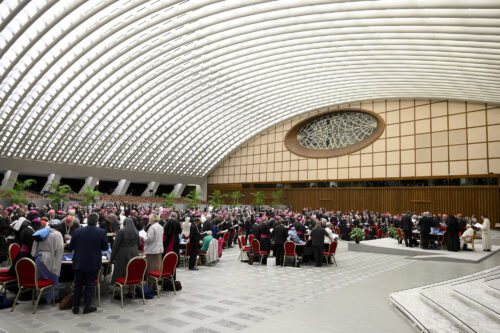
“In simple and concise terms,” members said, “synodality is a path of spiritual renewal and structural reform that enables the Church to be more participatory and missionary, so that it can walk with every man and woman, radiating the light of Christ.”
In a synodal Church, the document said, members have different roles, but they work together for the good of all members and for the mission of the Church.
Like the synthesis report from the first assembly of the synod in 2023, the final document did not use the term “LGBTQ” or even “homosexuality” and spoke only briefly about the need to reach out to people who “experience the pain of feeling excluded or judged because of their marital situation, identity or sexuality.”
The document repeatedly referred to the “equal dignity” of men and women by virtue of their baptism and insisted the Catholic Church needed to do more to recognize women’s contributions to the life and mission of the Church and their potential to offer more.
Members of the synod called for the “full implementation of all the opportunities already provided for in Canon Law with regard to the role of women,” and said, “there is no reason or impediment that should prevent women from carrying out leadership roles in the Church. What comes from the Holy Spirit cannot be stopped.”
“Additionally, the question of women’s access to diaconal ministry remains open,” they said. “This discernment needs to continue.”
The question of women deacons was among several questions Pope Francis assigned to study groups last spring. Synod members asked the General Secretariat of the Synod “to continue to watch over the synodal quality of the working method of the study groups,” which are supposed to report to the pope in June.
The synod process, members said, was a “call to joy and renewal of the Church in following the Lord, in committing to service of His mission and in searching for ways to be faithful.”
But the document repeatedly acknowledged the crime and sin of clerical sexual abuse and abuse of power and insisted that a commitment to synodality, particularly to learning to listen and to necessary forms of transparency and accountability, were essential to preventing abuse.
Synodality, members said, “will also help to overcome clericalism, understood as use of power to one’s own advantage and the distortion of the authority of the Church which is at the service of the People of God. This expresses itself above all in forms of abuse, be they sexual or economic, the abuse of conscience and of power, by ministers of the Church.”
Warning against becoming a ‘sedentary’ Church
Three years after he asked the world’s Catholics to walk together in faith on a synodal journey, Pope Francis said that the Church cannot risk becoming “static” but must continue as a “missionary Church that walks with her Lord through the streets of the world.”
“We cannot remain inert before the questions raised by the women and men of today, before the challenges of our time, the urgency of evangelization and the many wounds that afflict humanity,” the pope said in his homily during the closing Mass for the Synod of Bishops in St. Peter’s Basilica Oct. 27.
“A sedentary Church, that inadvertently withdraws from life and confines itself to the margins of reality, is a Church that risks remaining blind and becoming comfortable with its own unease,” he said. Cardinal Mario Grech, secretary-general of the Synod of Bishops, was the main celebrant.
In his homily, the pope called on the Church not to remain in a state of “blindness” to the issues in the Church and the world, a blindness that can take the form of embracing worldliness, placing a premium on comfort or having a closed heart.
The Church must listen to men and women “who wish to discover the joy of the Gospel,” he said, but it also must listen to “those who have turned away” from faith and to “the silent cry of those who are indifferent,” as well as the poor, marginalized and desperate.
“We do not need a sedentary and defeatist Church,” he said, “but a Church that hears the cry of the world and — I want to say it, maybe someone will be scandalized — a Church that gets its hands dirty to serve the Lord.”
Justin McLellan contributed to this story.

